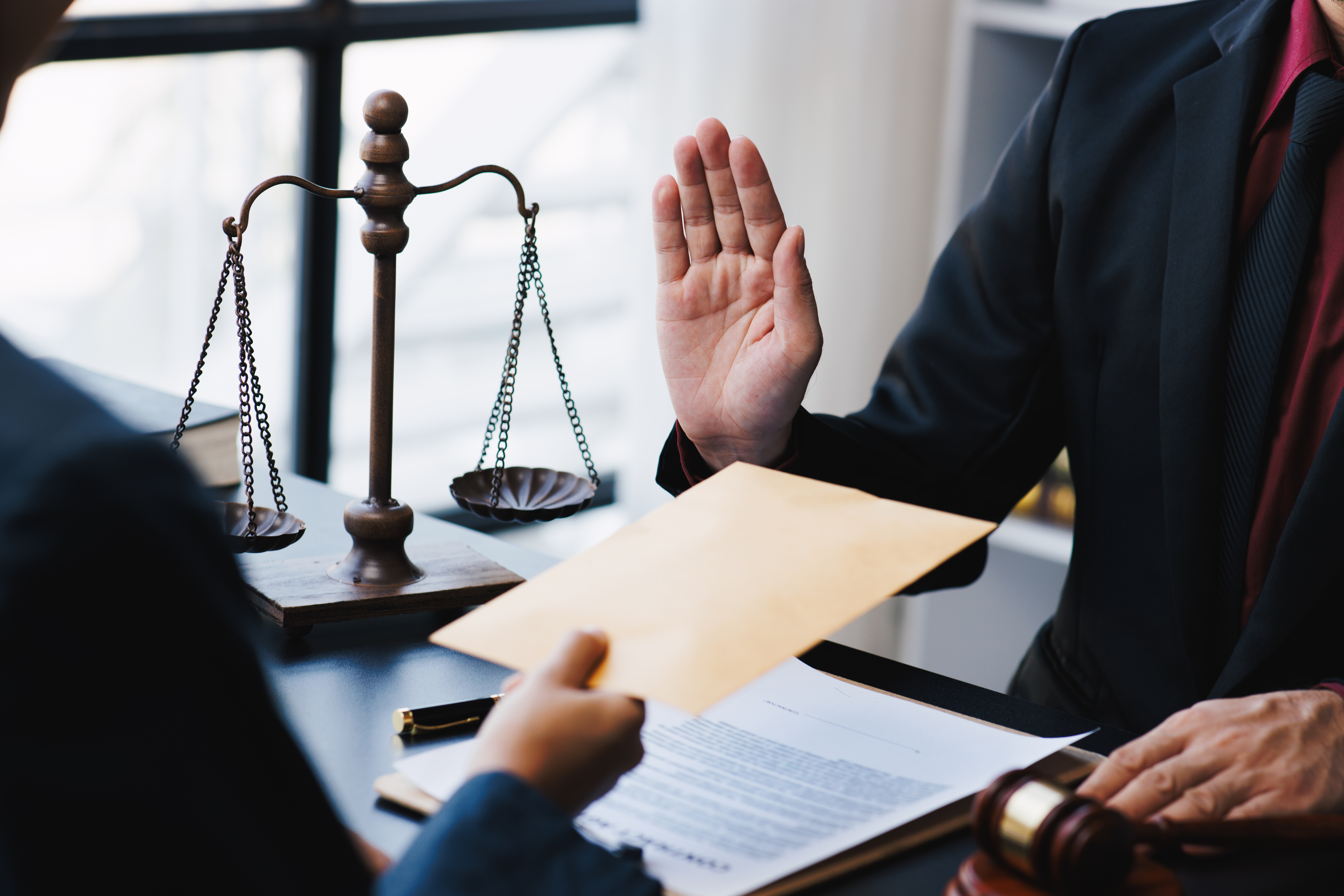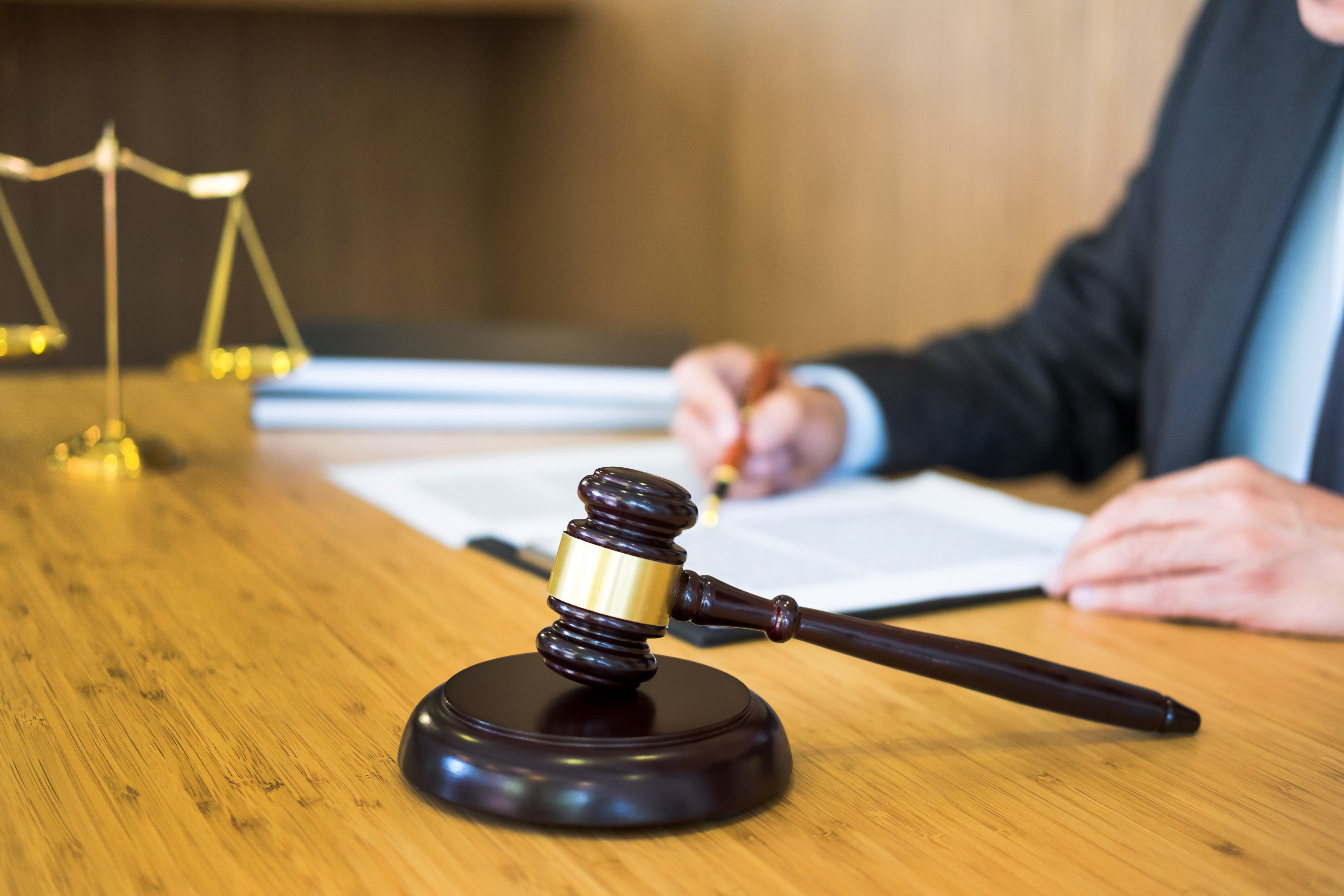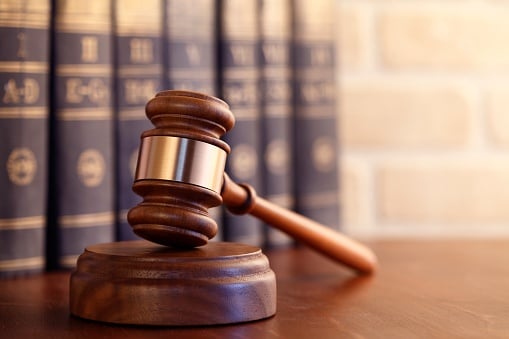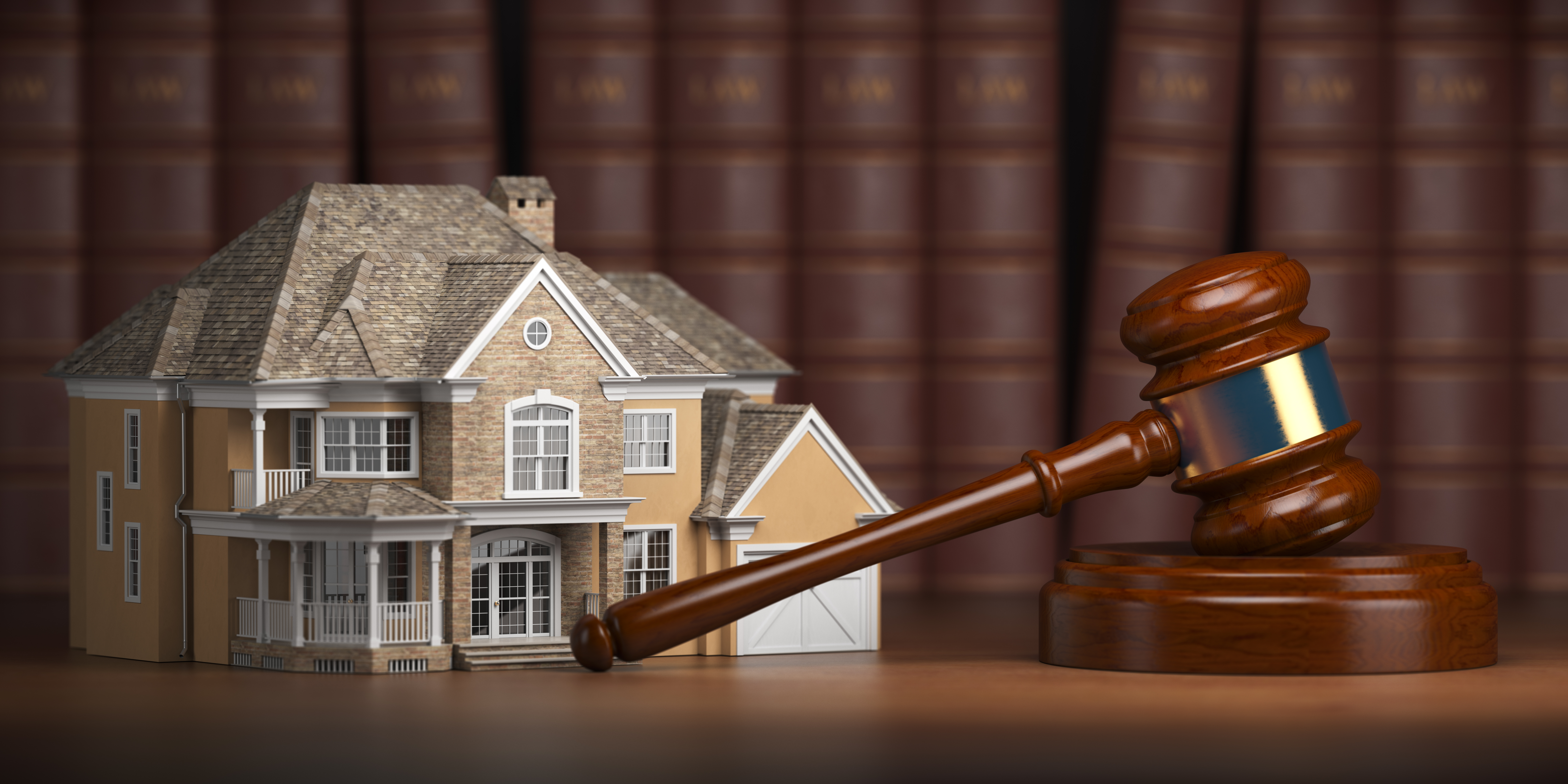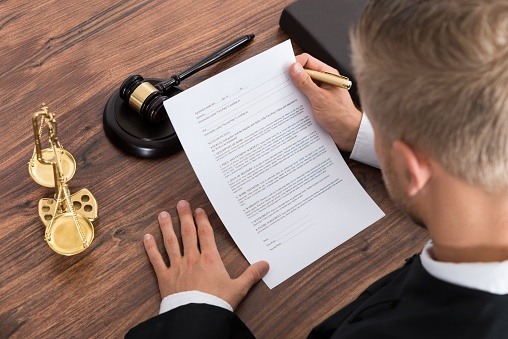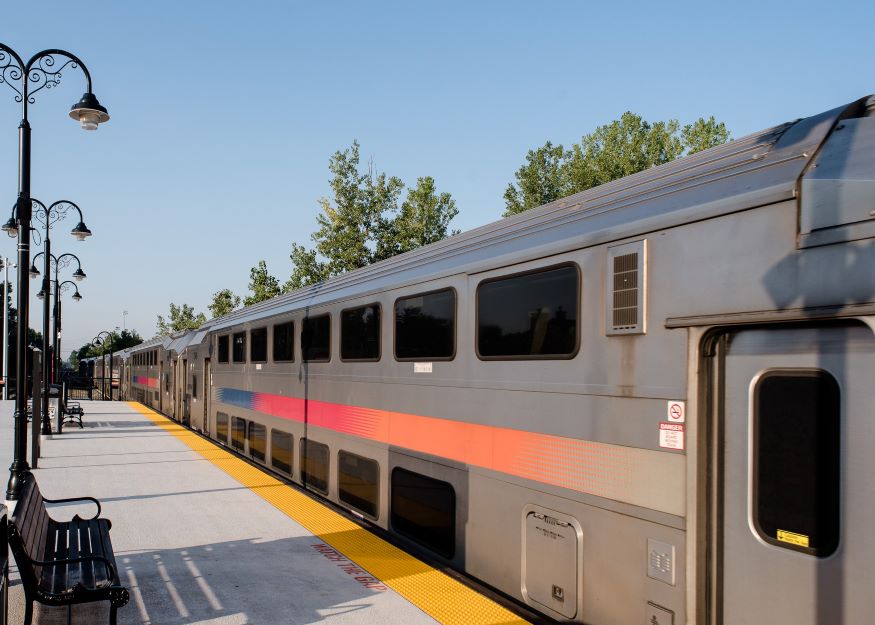If you have been injured in an accident in New Jersey and are now facing a settlement offer from an insurance company that feels far lower than how your life has been affected. Nearly every injured...
If you have been in a car crash in New Jersey, you probably learned very quickly that the insurance system here operates differently from many other states because New Jersey is a no-fault state....
The numbers are clear, foreclosure activity continues to rise all across the country and New Jersey is no exception. According to ATTOM’s Mid-Year 2025 U.S Foreclosure Market Report, the percentage...
New Jersey is the most densely populated state in the United States and is a massive trucking route on the East Coast. Unfortunately, trucking accidents occur frequently in New Jersey. Trucking...
Gambling debts are more common in bankruptcy than many people realize. With the rise of online casinos, sports betting apps such as FanDuel and DraftKings, and fast paced digital gambling platforms,...
Anyone living in New Jersey knows the reality: real estate is expensive and only getting more so. While that can make buying a home difficult, it also means many homeowners experience significant...
Whether you’re a debtor hoping to discharge overwhelming debts or a creditor looking to get paid, a proof of claim is an important part of the bankruptcy process. Filing – or failing to file – a...
Many of our personal injury clients only speak Spanish or another language, and our lawyers must rely on a translator for their testimony. When a client testifies through a court interpreter, many...
When you board a New Jersey Transit bus or train, you entrust yourself to the safety of the bus or train and operators of them. Unfortunately, NJ Transit accidents are more common than many realize...

